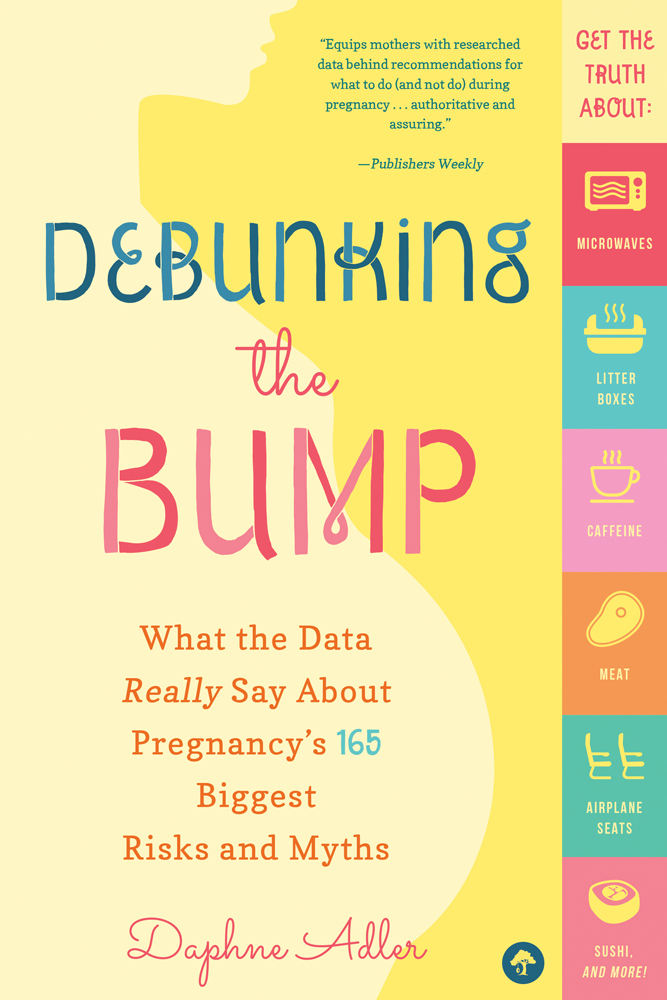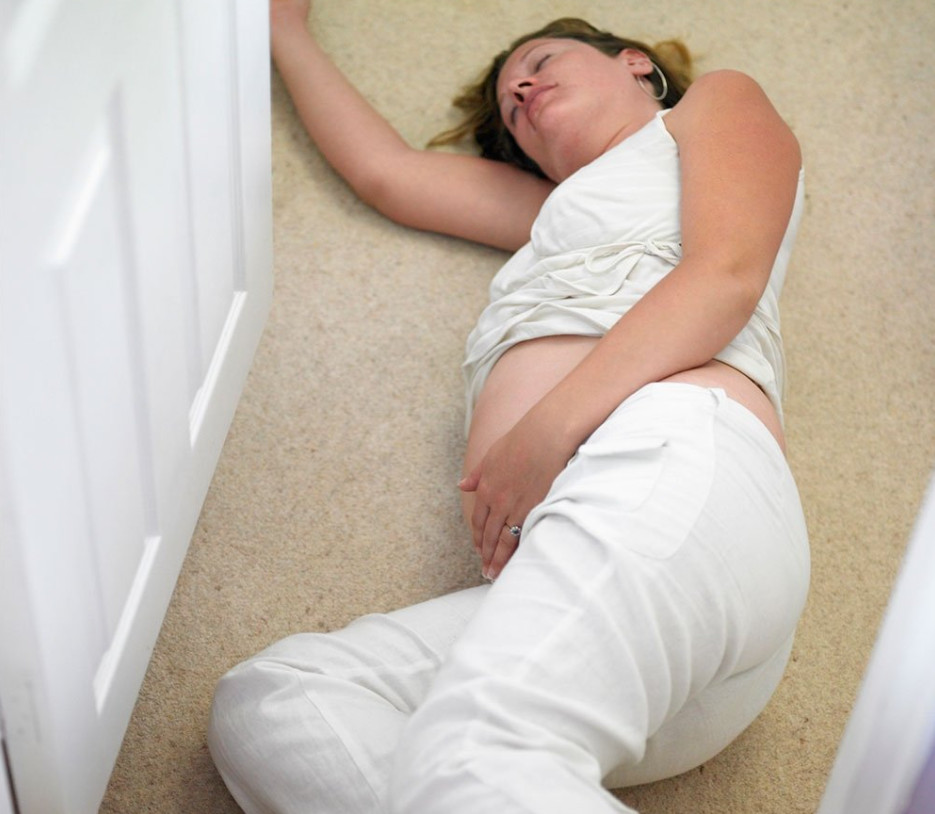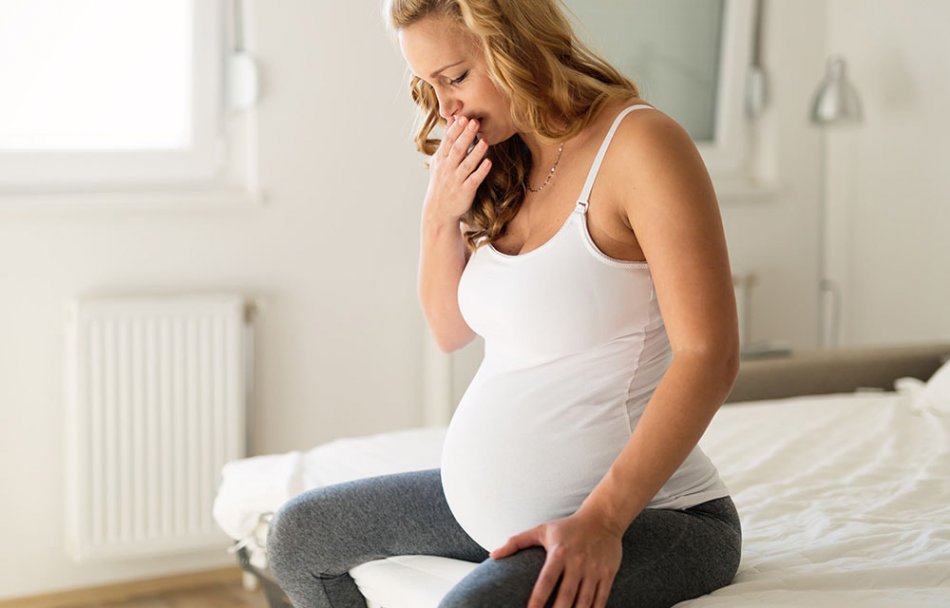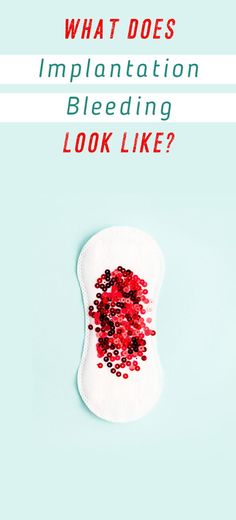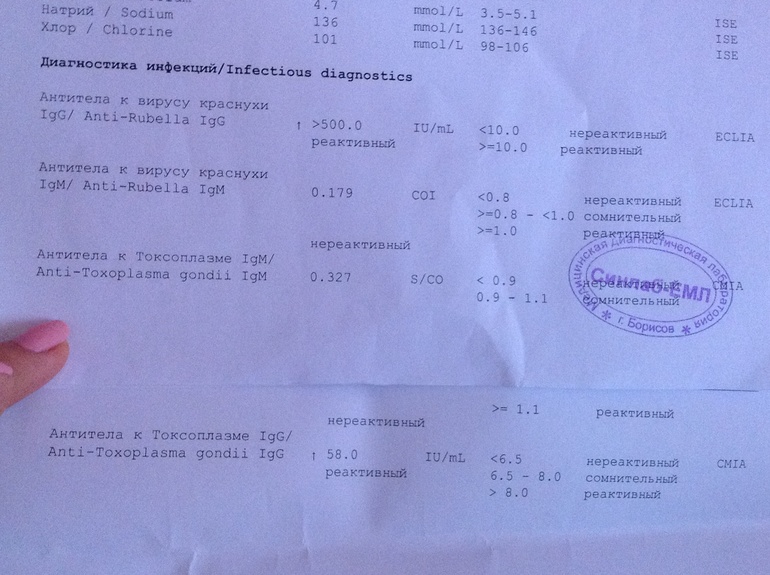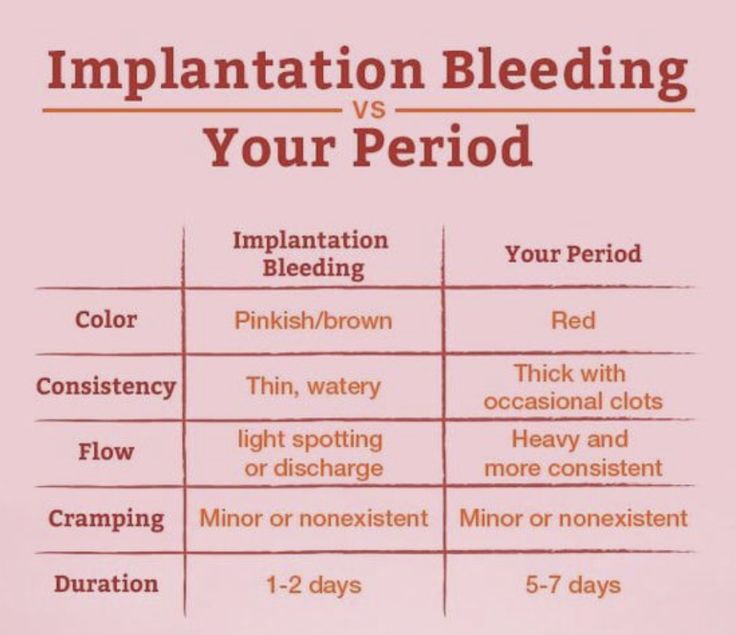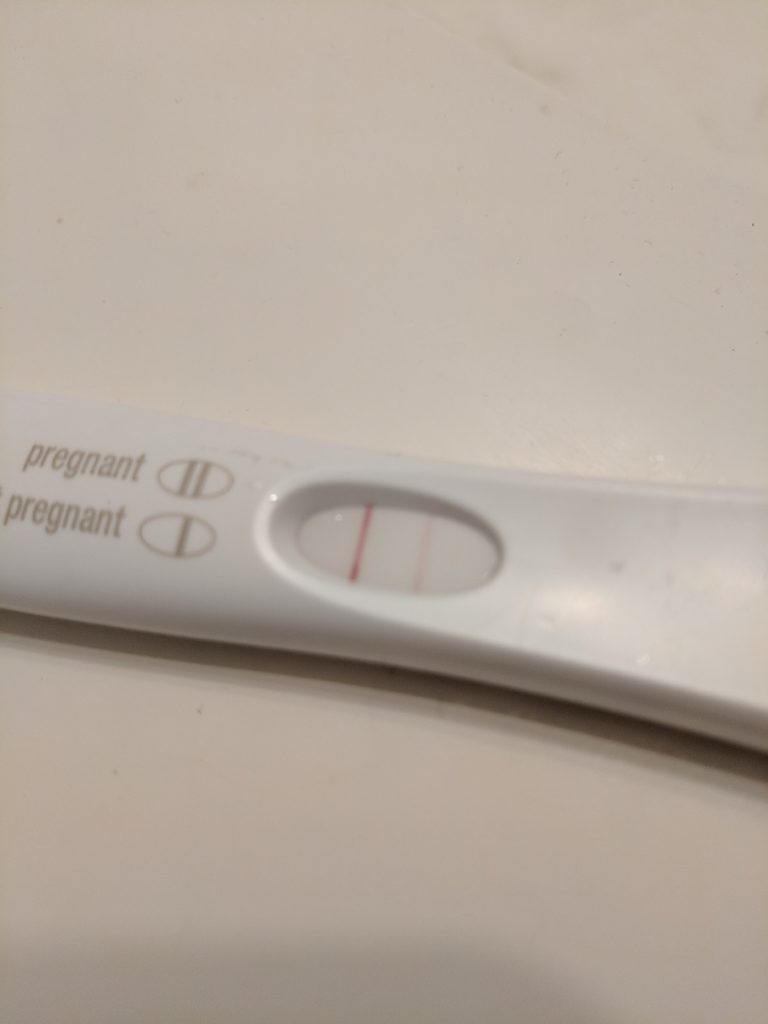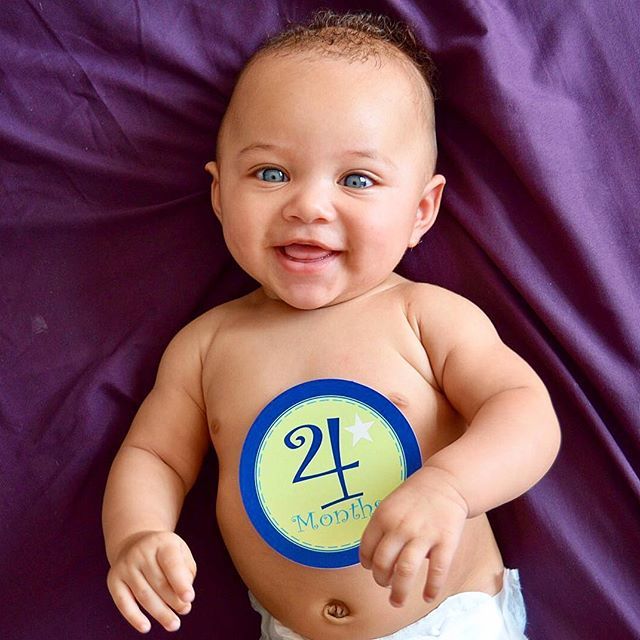Is hiccups a symptom of pregnancy
Can Hiccups Be A Sign Of Pregnancy?
PREGNANCY
Last modified on Friday 22 April 2022
Find out if your hiccups could be a sign of pregnancy, what the symptoms of early pregnancy are, and what else could be causing hiccups.
While hiccups aren’t listed as a sign or symptom of pregnancy by the NHS, you might hear some women say they knew they were pregnant because they got hiccups.
So are hiccups a sign that you’re pregnant, or is it just an old wives’ tale?
Your browser cannot play this video.
Are hiccups a sign of pregnancy?
While it’s unlikely that hiccups on their own are a sign of pregnancy, there is a small amount of evidence to suggest that some women might hiccup more than usual during pregnancy. The only way to tell for sure is to take a pregnancy test.
There’s no official research to say that hiccups are a sign of pregnancy, although this study has found that, on average, women hiccup about twice as much during pregnancy as before they became pregnant.
Some mums-to-be have shared their thoughts on hiccuping as a sign of pregnancy in the Netmums forum:
- 'I had random hiccups - like 10 quick hiccups in succession then they stopped. Had nausea but only when I brushed my teeth/tongue, and was VERY emotional!'
- 'Itchy skin, hiccups and heartburn are all my give away symptoms before I get a bfp!'
- 'My due date is Friday and I have had them since before I did my test. It was one of the signs that made me think I was pregnant.'
However, the NHS doesn't list hiccups as an official sign of pregnancy on their own, and you should look for other symptoms if you suspect you might be pregnant. However, it's not completely impossible that there could be a link.
Why would hiccups be more common in pregnancy?
Hiccups are caused by involuntary spasms of the diaphragm – the muscle between your stomach and lungs.
Play video
When you’re pregnant, your body produces much higher levels of the hormone progesterone.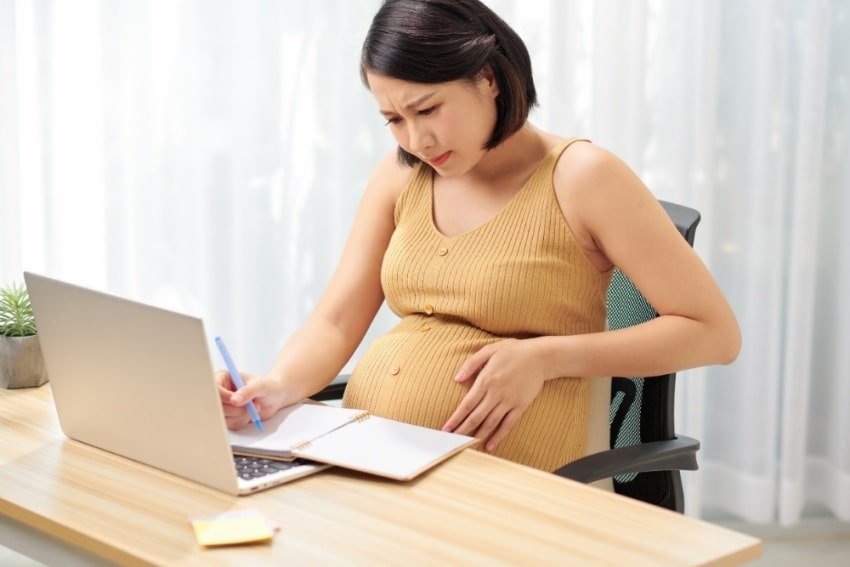 Progesterone can cause your digestive system to slow down, which is why many women get heartburn and constipation during pregnancy.
Progesterone can cause your digestive system to slow down, which is why many women get heartburn and constipation during pregnancy.
During pregnancy, the growing baby pressing on your stomach can also cause acid reflux and digestive issues.
These symptoms can happen at any stage of pregnancy, including in the early days, although they're much more common after 27 weeks.
In theory, progesterone and pressure on your stomach could be linked to an irritation of the diaphragm, which causes hiccups. However, many of us get hiccups occasionally, so it’s probably a coincidence if you get hiccups in early pregnancy.
What else could be causing my hiccups?
Some of the common causes of hiccups include:
- Stress
- Excitement and other strong emotions
- Eating too much
- Eating food too quickly and swallowing air
- Drinking fizzy drinks
- Drinking alcohol
Can I do anything to get rid of hiccups?
Some tips you can try for getting rid of hiccups include:
- Sip ice-cold water
- Hold your breath for a short time
- Breathe in and out of a paper bag
- Pull your knees into your chest and lean forwards
The NHS says if you have hiccups that last more than 48 hours, you should speak to your doctor as they could be related to a health condition or medicine you're taking.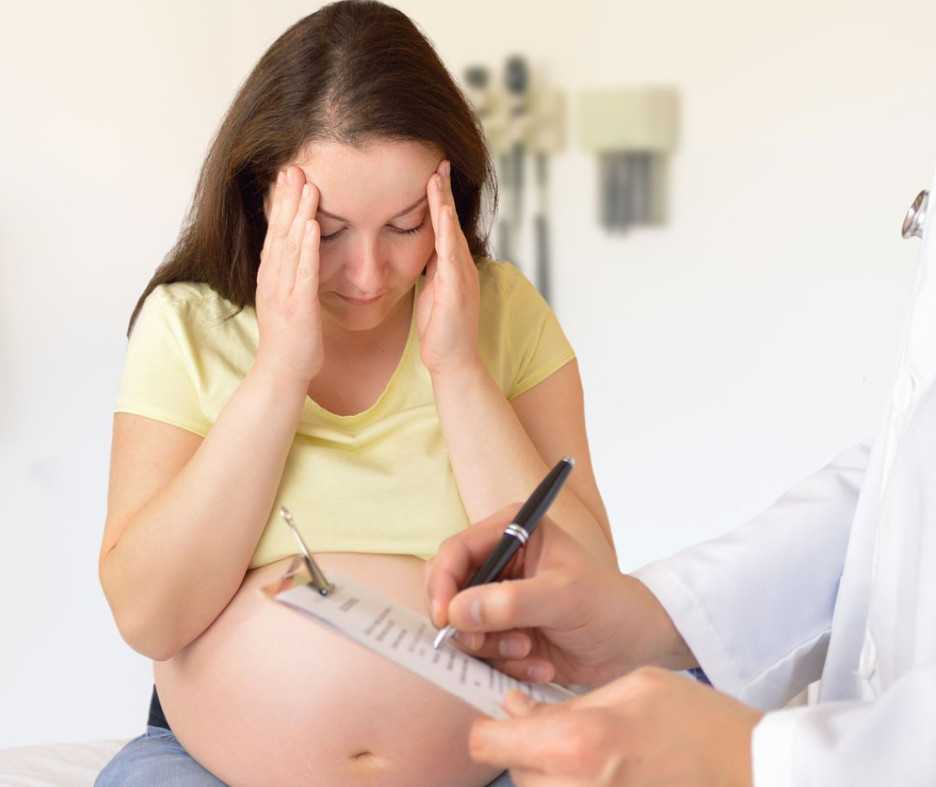
What are the common signs of pregnancy?
If you think you could be pregnant, look out for these signs of early pregnancy. They’re much more common than hiccups.
Early symptoms of pregnancy:
- Missing your period
- Feeling sick or nauseous
- Feeling tired
- Feeling more emotional than usual
- Tender breasts
- Needing to wee more often
- Constipation
- More vaginal discharge
- A metallic taste in your mouth
- Going off or craving foods
- A more sensitive sense of smell
What should I do if I think I'm pregnant?
If you think you could be pregnant, the only way to tell for sure is to take a test.
You can take a pregnancy test from the first day of your missed period. If you’re not sure when your next period’s due, wait at least 21 days from when you last had unprotected sex.
You can also get early detection pregnancy tests. These can be used four to five days before your period is due and some can even detect a pregnancy as early as eight days after conception.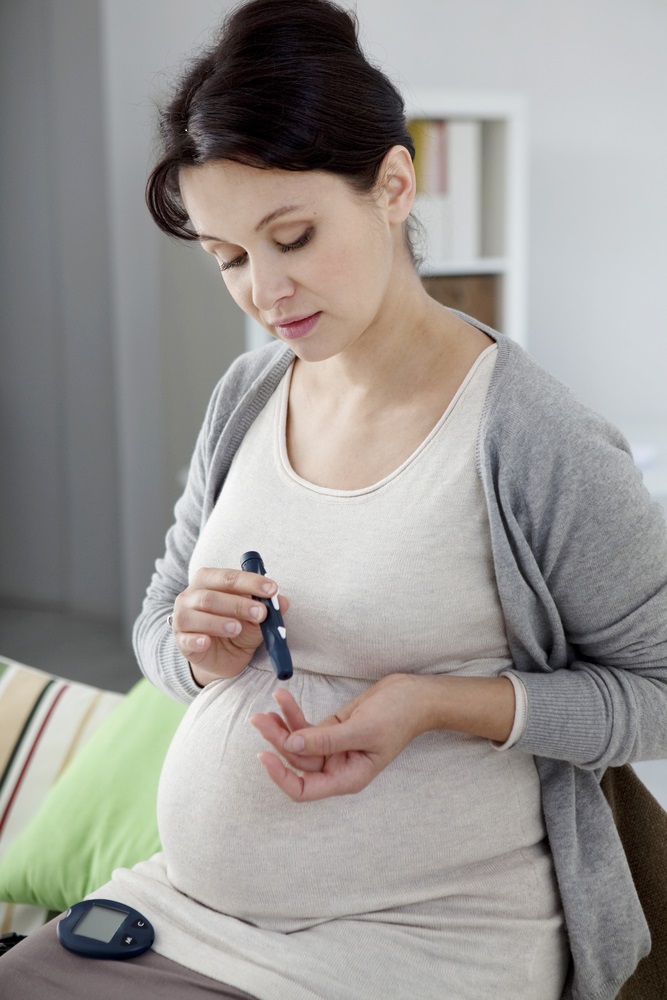
What if I can feel my baby hiccup?
In the second or third trimester, some pregnant women notice their baby starts to hiccup in the womb. These are known as fetal hiccups. Fetal hiccups can feel like a twitch or spasm and some women describe them more rhythmic than their baby’s other movements.
While you should get to know your baby's pattern of movements so you can keep an eye on their health, the NHS says that fetal hiccups do not count as a movement. This is because hiccups are involuntary. Instead, you should focus on your baby's kicks, punches and rolls.
Not all babies will hiccup and not all mums-to-be will feel them hiccuping.
Doctors don’t know why babies get hiccups in the womb, although it could be linked to their lungs developing.
Fetal hiccups are normal and usually nothing to worry about. However, if you notice your baby is hiccuping frequently or you’re at all worried, speak to your midwife or GP.
Discuss pregnancy signs and symptoms with other parents in our forum …
Related stories
Early signs of pregnancy: Am I pregnant?
CHAT: Am I pregnant?
15 of the weirdest pregnancy myths
Hiccups During Pregnancy (Are Hiccups a Pregnancy Symptom?)
Do you find yourself hiccuping a lot now that you’re pregnant? Are you wondering why that is and what it could mean for your baby?
While we expect a lot of side effects during pregnancy, constant hiccups are not usually one of them!
We’ll answer all the questions you never knew you had about pregnancy hiccups, including what causes hiccups during pregnancy. We even have some tried and true tips for relieving uncomfortable hiccups — recommended by medical experts and experienced moms — to help you enjoy your pregnancy without the embarrassment of constant hiccups.
We even have some tried and true tips for relieving uncomfortable hiccups — recommended by medical experts and experienced moms — to help you enjoy your pregnancy without the embarrassment of constant hiccups.
Table of Contents
- What Causes Hiccups?
- Are Hiccups an Early Sign of Pregnancy?
- Why Can’t I Stop Hiccuping?
- Can Hiccuping Too Much Hurt My Baby?
- I Can’t Eat Because of Hiccups
- Hiccups Are Keeping Me up All Night
- How Can I Get Relief From My Hiccups?
- Is It Silly To See My Doctor About Hiccups?
- Wrap Up
What Causes Hiccups?
Hiccups are caused by involuntary contractions of your diaphragm. The diaphragm is a long muscular membrane — one of the main muscles of respiration. So hiccups are basically just a muscle spasm of your diaphragm (1).
Hiccups usually clear up on their own, but they can go on for days, weeks, months, or even years in rare cases.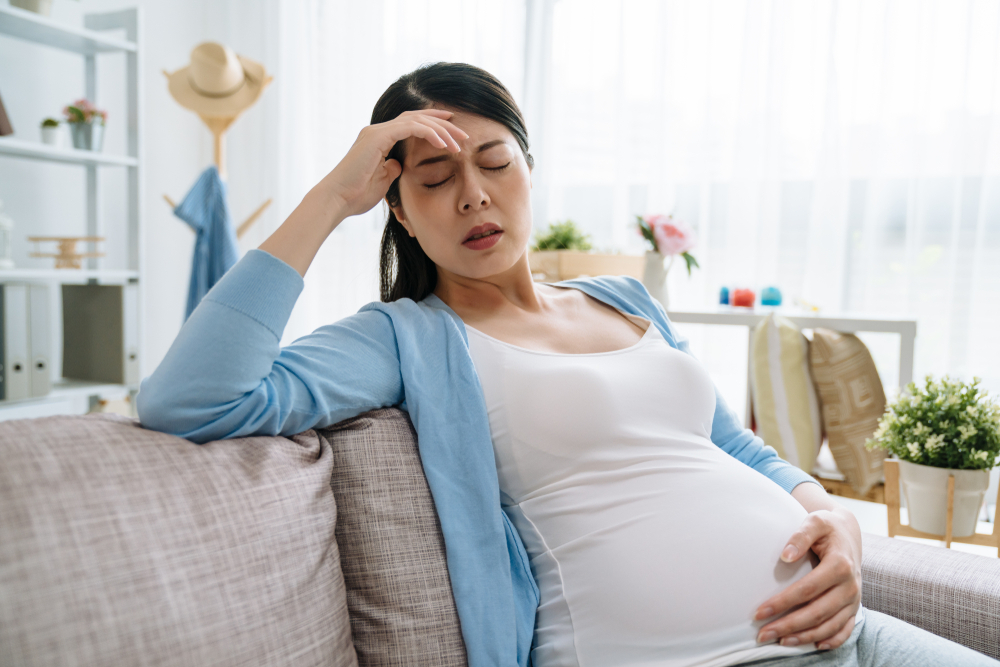
Are Hiccups an Early Sign of Pregnancy?
Hiccups can be a sign of early pregnancy. This is because many causes of hiccups are related to other pregnancy symptoms.
Here are some of the other reasons you might get hiccups:
- You’re short of breath.
- You feel sick.
- You have indigestion.
- You’re eating unusual foods.
- You’re stressed.
In other words, you might not notice you are craving unusual foods more often or that you’re feeling a bit sick a few times a day, but your body notices.
Since most women will notice a missed period, nausea, or breast tenderness first, hiccups aren’t a reliable sign. They’re just another one of those neat little early pregnancy symptoms that start making us aware of everything that’s going on.
Why Can’t I Stop Hiccuping?
Hiccups stop being a “neat” symptom when they are constant. Some pregnant women find they are hiccuping all day and all night, waking up with hiccups, or having a random episode nearly every day.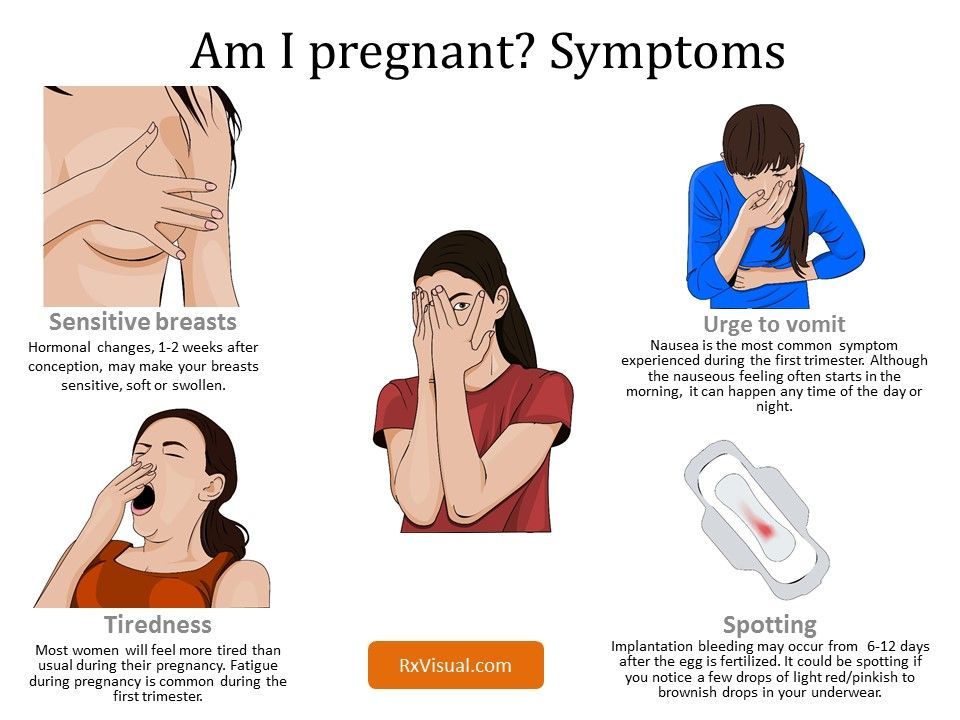
And if you’ve had an extended episode of hiccups before, you know just how annoying it can be when they won’t go away.
In A Nutshell
The good news is pregnancy itself is not causing your hiccups. The bad news is not all pregnancy hiccups can be eliminated.
The biggest cause of hiccups is nausea and indigestion. When we are not digesting our food well, when we have just vomited, or when we feel about to vomit, we can get hiccups.
Although you can avoid some of this, if you are one of the unfortunate women who have persistent nausea throughout pregnancy, your hiccups might be just as persistent. But once your beautiful baby is born, all of the symptoms disappear.
Emotional stress and excitement can make you hiccup too. Even if your hiccups are caused by indigestion, they might be made worse by being too overexcited.
Meditation has many benefits for you and your baby. And taking the time to slow down and relax may allow those pesky hiccups to go away (2).
Can Hiccuping Too Much Hurt My Baby?
Some women suppress their hiccups, worried the pressure of the belly tensing might harm their babies.
But there’s no evidence that hiccups harm babies. If you’re worried about persistent hiccups, you can speak to your care provider to set your mind at ease.
I Can’t Eat Because of Hiccups
Many women have difficulties with food during pregnancy. Morning sickness, worsened allergies, and food aversions are all common.
If hiccups are preventing you from eating, then you have double the problems — and all at a time when it’s essential to eat well.
If your hiccups stop you from eating, you might find it easier to carry some high-carb, low-sugar, low-salt, low-fat snacks.
Consider:
- Low-salt crackers.
- Breadsticks.
- Rice cakes or corn cakes.
- Unflavored popcorn.
- Dry cereal.
These are less likely to cause indigestion than other foods.
It might be tempting to have a huge feast as soon as the hiccups are gone, but this can make them start again. Even if you feel like you’re starving, try to pace yourself and snack on easy-to-digest foods.
Even if you feel like you’re starving, try to pace yourself and snack on easy-to-digest foods.
Hiccups Are Keeping Me up All Night
If your hiccups are stopping you from sleeping, then one of two things is likely happening, either your before-bed meal was too heavy or your stress level is elevated at night.
If you eat a large meal right before bed, snack in bed, or wake up in the night for snacks, you are probably not eating enough during the day.
- Try to eat your biggest meal in the middle of the day, when you are not so vulnerable to nausea or indigestion.
- Try to avoid fatty and protein-rich foods before bed.
- Limit acidic, spicy, and vinegary foods. These can increase acid reflux, which may irritate your diaphragm indirectly, causing more hiccups.
If your diet is not a trigger for your hiccups or you don’t eat much before bed and still get them, they could be due to stress. The same way that anxiety at night can cause insomnia, it can cause hiccups.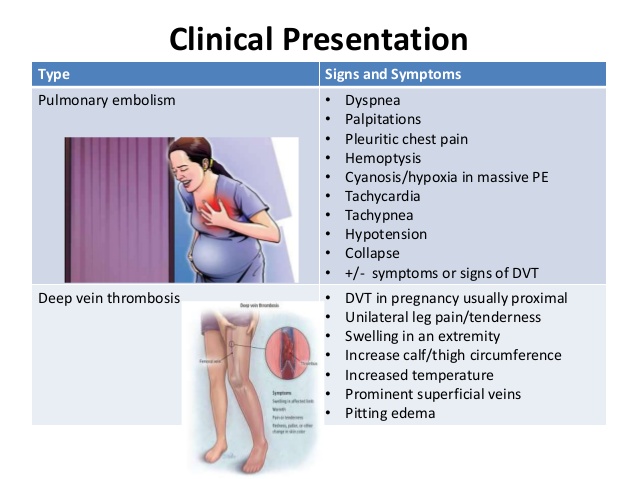
In this case, you might want to talk to your doctor or a therapist about your concerns. This is when meditation can help you. With apps like Expectful and Headspace, you can train your mind to relax.
How Can I Get Relief From My Hiccups?
We’ve already explored a few ways to prevent hiccups — eat a balanced diet to avoid indigestion, and do not get too emotional or excited. Both of which are easier said than done normally but especially during pregnancy.
So what can we do when we don’t eat properly or when we do get excited? Here are a few tips to help eliminate hiccups:
- Have things that make you swallow. Drinking water, dissolving sugar in the mouth, or sucking on sour candy can make you swallow, and that motion can help relax the diaphragm.
- Lie down to fight indigestion. If you have serious indigestion, lying down can help relax the diaphragm.
- Do breathing exercises. Practice deep breathing, slow your thoughts, and, in turn, relax your muscles.
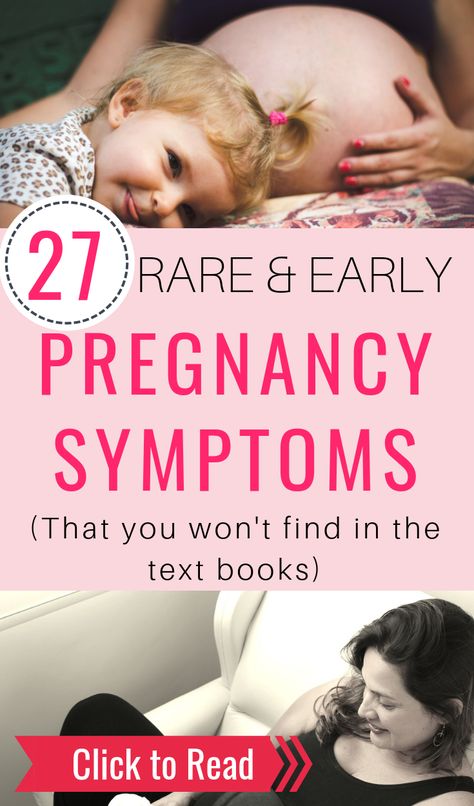
Although all these tips are worth a try, none are guaranteed to help. The only guaranteed cure for hiccups is time.
Is It Silly To See My Doctor About Hiccups?
It’s never silly to see your doctor about any health concerns. Chances are, if you want to see your doctor, you haven’t been having hiccups for just 2 to 5 minutes, right?
Normally by the time we consider seeing a doctor, we have had hiccups for a day, or we have had one or more episodes of hiccups every day for a week.
These are not normal hiccup patterns and are worth checking out, especially if you have had consistent hiccups for over 48 hours.
Hiccups that last this long are very rare and may be a symptom of a physical problem.
These are some illnesses that can cause persistent hiccups:
- Breathing conditions such as asthma or pneumonia.
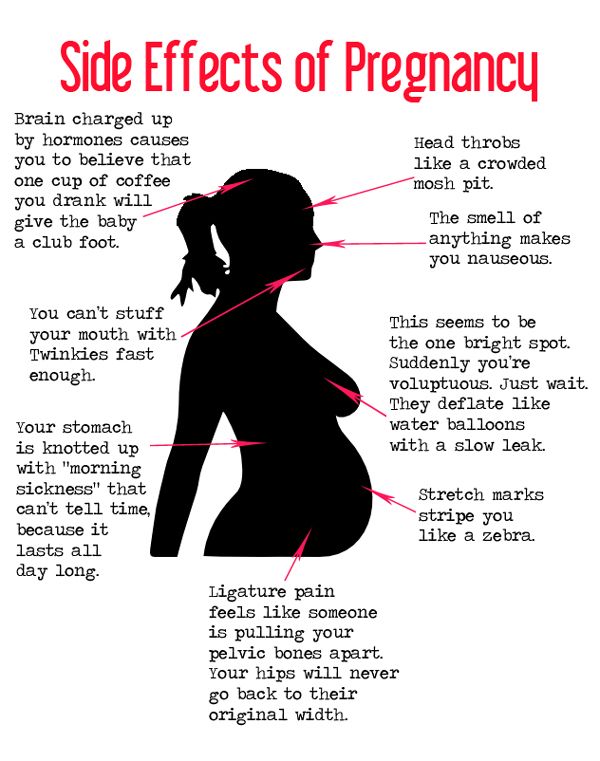
- Heart conditions such as pericarditis.
- Digestive conditions such as reflux, inflammatory bowel disease, or appendicitis.
- Nerve conditions such as multiple sclerosis.
- Metabolic conditions such as diabetes or Addison’s disease.
- A hernia.
- An infection that is affecting the nerves in the gut.
- A bad reaction to certain medications or drugs.
Keep In Mind
It’s always a good idea to speak with a health professional about any concern during pregnancy.
Wrap Up
Most of the time, hiccups during pregnancy are nothing to worry about. They mean you are excited and nauseous, and they will go away on their own. They will not hurt you or your baby.
Unless you have hiccups for two or more days without relief, they’re just another annoying side effect of being pregnant.
Feedback: Was This Article Helpful?
Thank You For Your Feedback!
Thank You For Your Feedback!
What Did You Like?
What Went Wrong?
90,000 first signs of pregnancy: whenRating appear: 5/5 (1)
- The first signs of pregnancy
- you can get pregnant
- Video of the first signs of pregnancy
A woman of reproductive age should be able to recognize the signs of pregnancy.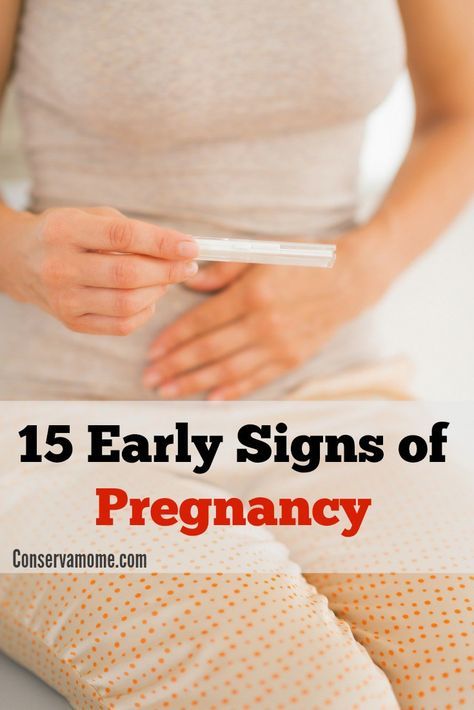 Timely received information makes it possible to orient in the situation and make the most important decision in time. What are the first signs of pregnancy before the delay of menstruation and after, when they appear?
Timely received information makes it possible to orient in the situation and make the most important decision in time. What are the first signs of pregnancy before the delay of menstruation and after, when they appear?
The first signs of pregnancy
You can guess the change in your condition by the following signs:
- Absence of menstruation. Despite all its importance, the factor matters only for women with a regular cycle.
- Breast enlargement and pain . From the first days, the glands are preparing for the upcoming feeding of the child and this is the very first sign of early pregnancy before the delay in menstruation.
- Fatigue : A woman can literally fall asleep on the go. The body needs some time to get used to the increased load.
- Changes in taste and smell . Unusual desires appear. Indulge these desires to the best of reason.
- Dizziness and nausea .
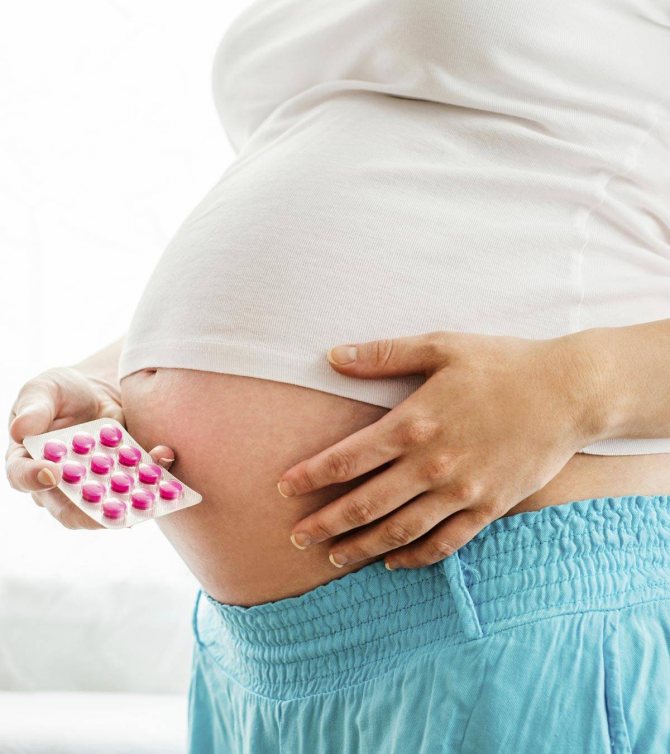 Signs of toxicosis may appear as early as the second week, appear later or not appear at all.
Signs of toxicosis may appear as early as the second week, appear later or not appear at all. - Elevated basal body temperature . If after ovulation the basal temperature does not decrease, we can talk about the onset of pregnancy.
- Increased secretion of cervical mucus . This symptom does not appear in all women.
- Frequent urge to urinate . The symptom occurs due to increased blood supply to the pelvic region.
- Uterine spasms . If the uterus contracts from time to time, do not be afraid: the organ adapts to the new state.
- Bloody discharge . Allocations may appear at the time set for menstruation.
- Frequent mood swings . Emotional instability is not a whim, but a reaction of the body to changes.
When the first signs of pregnancy appear
Doctors believe that pregnancy occurs 7-12 days after conception. This period is individual and depends on the length of the fallopian tubes and other features of the organism. Immediately after the attachment (implantation) of the egg, hormonal changes in the mother's body begin.
This period is individual and depends on the length of the fallopian tubes and other features of the organism. Immediately after the attachment (implantation) of the egg, hormonal changes in the mother's body begin.
Doctors strongly advise not to trust the sensations and at the slightest suspicion to buy a test, and in case of a positive result, go to the doctor for an "official" confirmation. Women with irregular cycles are recommended to buy a test every month to avoid "surprises".
Unusual signs of pregnancy
Every pregnancy is different. It happens that a woman carrying a second or third child experiences sensations that are different from those that were during previous pregnancies. Therefore, only a doctor can establish a diagnosis and accurately determine the term.
Unusual signs noted in medical practice:
- The appearance of a vascular network on the surface of the skin. This is due to a natural physiological process: an increase in blood flow.
 In most cases, the grid disappears over time.
In most cases, the grid disappears over time. - Change in facial features . In connection with the production of growth hormone, some parts of the face may "grow" slightly and change their shape. The phenomenon is temporary.
- The taste of copper in the mouth appears due to a change in the balance of substances in the body.
- Locks flatulence, frequent hiccups. A balanced diet helps regulate digestion.
- The appearance of age spots , "paths" from the navel, halos around the nipples.
- Breakage of acrylic nails . Chemicals produced in the body interact with acrylic, and acrylic "loses". A slight swelling of the face may develop and a stuffy nose syndrome may appear.
- Acne . A rash can occur at any time during pregnancy due to changes in metabolic processes.
Pregnancy diagnosis
Suspected pregnancy is not pregnancy. It happens that women, passionately desiring to have children, convince themselves of the presence of non-existent sensations: nausea, a change in taste. In especially advanced cases, a false pregnancy may occur. Folk diagnostics is so ineffective and unreliable that it can only bring harm.
It happens that women, passionately desiring to have children, convince themselves of the presence of non-existent sensations: nausea, a change in taste. In especially advanced cases, a false pregnancy may occur. Folk diagnostics is so ineffective and unreliable that it can only bring harm.
To save yourself from unpleasant moments, use standard (proven) diagnostic methods:
- Home pregnancy tests. There can be only one home test - a test purchased at a pharmacy for the presence of the hCG hormone. Prices are different, but the cheapest test can be bought literally for a penny. The error probability ranges from 1-5%. An error can occur due to improper use (read the instructions), expiration date (look carefully at the packaging) and the characteristics of the body: a history of a recent abortion or miscarriage, ectopic pregnancy, recent childbirth, tumors.
- Ultrasound . A 100% method that almost never fails. An ultrasound is prescribed by a doctor after a gynecological examination before registration.
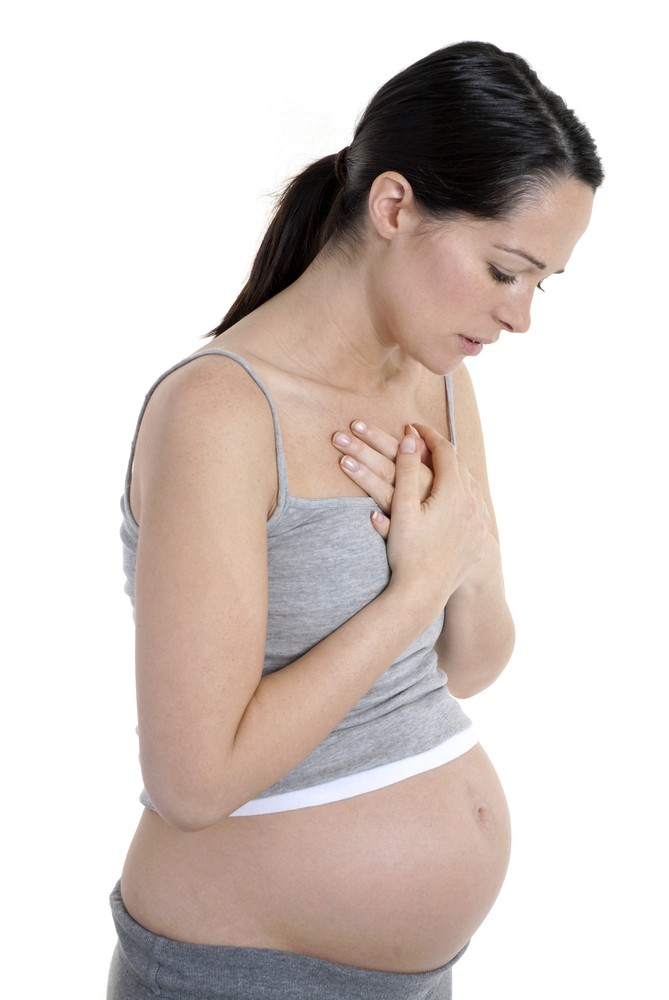 The importance of the first study is difficult to overestimate: ultrasound makes it possible to establish not only the very fact of pregnancy, but also the term, as well as the absence of anomalies in the development of the embryo. With the help of ultrasound, the gestational age is determined with an accuracy of one week.
The importance of the first study is difficult to overestimate: ultrasound makes it possible to establish not only the very fact of pregnancy, but also the term, as well as the absence of anomalies in the development of the embryo. With the help of ultrasound, the gestational age is determined with an accuracy of one week. - A blood test for the presence of the hormone hCG is an effective test that gives results as early as 6-10 days after fertilization. It is used in the early stages, when the mother's body is actively producing cells of the shell of the embryo - the chorion.
- Gynecological examination. A doctor can diagnose pregnancy as early as 5 weeks. During the examination, the doctor pays attention to external signs: a change in the shape, color, density of the genital organs.
At what period of the cycle can you get pregnant
Doctors say: there are no safe days! You can get pregnant any day.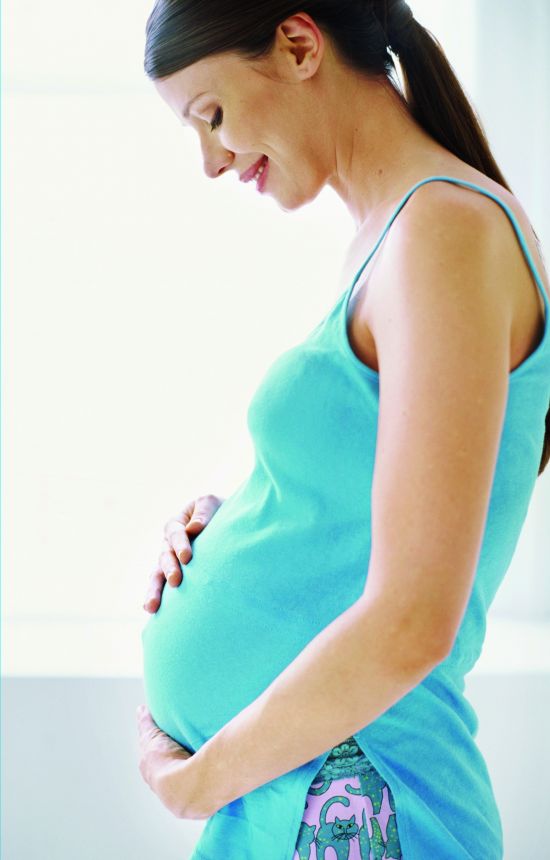 The probability of fertilization increases on some days and decreases on other days, but never goes to zero.
The probability of fertilization increases on some days and decreases on other days, but never goes to zero.
The most "safe" days are considered two days after menstruation and two days before it. We can talk about comparative safety only with a regular cycle. The most favorable period for the onset of pregnancy is 12-16 days after menstruation. At this time, ovulation occurs ─ the preparation of the egg for fertilization. The calendar method of contraception is considered the most unreliable. You can't rely on the calendar!
Video about the first signs of pregnancy
We offer you to watch an interesting video about the first signs of pregnancy.
Dear mothers, we ask you to share your experience with those who are just planning a pregnancy. Do you not know how good advice is needed in a difficult moment? Let's help young women prepare for the most important event in their lives - motherhood.
causes and methods of getting rid of
The process of bearing a child may be accompanied by various symptoms that are not typical for a woman in her normal state. Hiccups during early pregnancy refers to similar manifestations of intrauterine development of the fetus and rarely brings positive emotions to the expectant mother.
Hiccups during early pregnancy refers to similar manifestations of intrauterine development of the fetus and rarely brings positive emotions to the expectant mother.
Spasmodic contractions of the diaphragm are most often caused by excessive irritation of the vagus nerve and occur 2 to 3 times more often during pregnancy than in everyday life. The autonomic nervous system of a person, which is responsible for the nerve endings of the diaphragm, is also subject to physiological changes during the development of an unborn child in the mother's body.
Article content
- 1 Causes of hiccups during pregnancy
- 2 Consequences of hiccups during pregnancy
- 3 Home remedies for early pregnancy hiccups
- 4 Fetal hiccups during pregnancy
Causes of pregnancy hiccups
The main cause of diaphragm contractions in expectant mothers is errors in daily diet. These extremely unpleasant sensations most often occur with the abuse of fatty and spicy foods, a large number of foods and heavy meals before bedtime. Even in the normal state, the digestive organs of a woman cannot cope with such a load.
Even in the normal state, the digestive organs of a woman cannot cope with such a load.
After the moment of conception, hormonal restructuring of the whole organism takes place, and the gastrointestinal tract is no exception. Enzymes and hormones involved in food processing are produced in smaller quantities and do not have time to participate in the digestion of food.
In addition, with the development of the fetus, the free volume of the abdominal cavity is reduced. This causes an increase in intra-abdominal pressure, stimulates irritation of the nerve endings of the diaphragm.
Excessive consumption of liquids and various products that lead to bloating of the intestines will also cause hiccups, so a woman should discuss her diet with a doctor when diagnosing conception of a child. Taking various medications and drinking alcohol by the expectant mother does not even make sense to discuss. Such things are strictly prohibited during pregnancy and lactation.
Reflex irritation of the diaphragm in the expectant mother can also contribute to a sharp hypothermia of the body.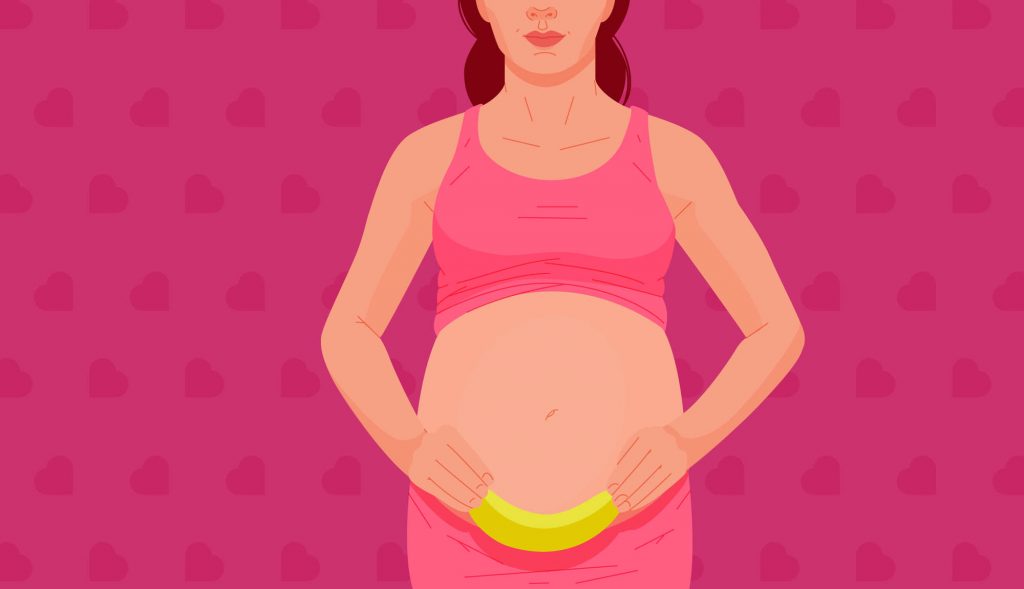 Cold leads to vasospasm of peripheral blood vessels and centralization of blood circulation. The lack of blood supply to the diaphragm causes its reflex contractions, which is expressed in the occurrence of hiccups.
Cold leads to vasospasm of peripheral blood vessels and centralization of blood circulation. The lack of blood supply to the diaphragm causes its reflex contractions, which is expressed in the occurrence of hiccups.
For a young woman who is in early pregnancy, any vascular disorders are undesirable, as this may affect the blood supply to the placenta and fetus. In the second - third months of bearing a child, this process often causes miscarriages and various pathologies of the child's development.
Approximately 40% of women experience hiccups during early pregnancy as a result of stress and anxiety.
Mental disorders during childbearing are typical for most expectant mothers. These disorders can develop due to hormonal changes and periodic excess fluid in the central nervous system. But even in the absence of disorders from the nervous system, anxiety for the successful course of pregnancy, childbirth and the health of the unborn baby are completely normal for any woman.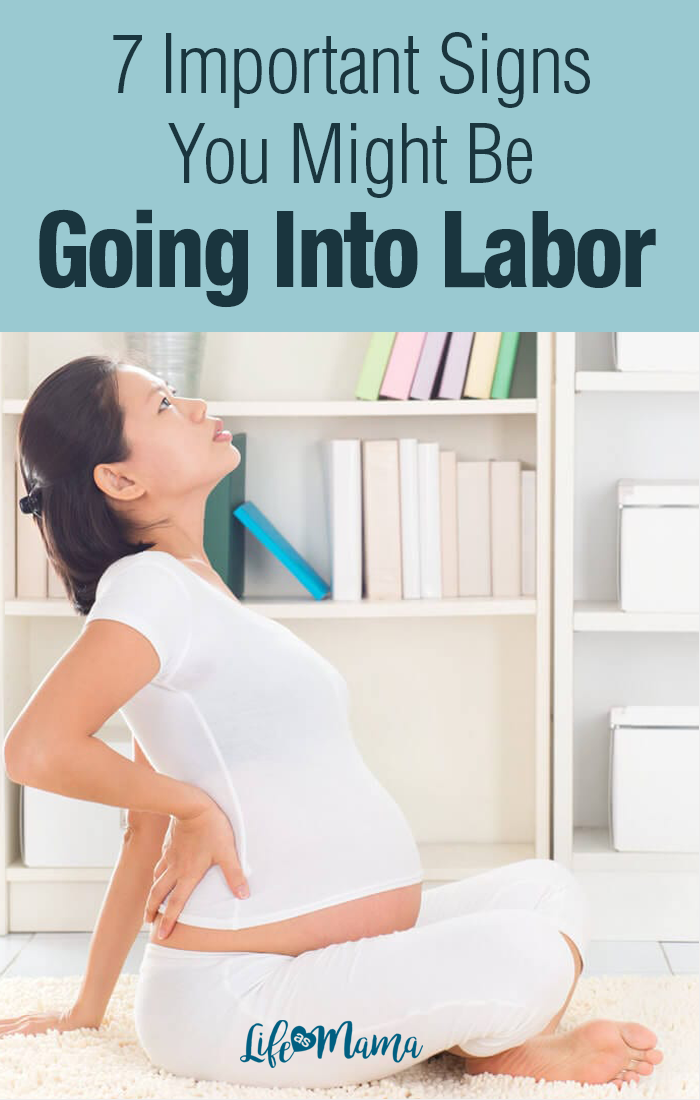
Consequences of hiccups during pregnancy
Experts regard reflex contractions of the diaphragm as a variant of the norm, and do not advise a woman any medical methods of prevention. It all depends on the duration and intensity of the hiccup process. If such unpleasant manifestations of indigestion continue for several seconds, there will, of course, be no negative consequences for the expectant mother and fetus.
It is quite another matter if the hiccups last for minutes or even hours. This can lead to exhaustion of the nervous system of a young woman, cause respiratory and cardiac disorders. Quite often, prolonged contractions of the diaphragm are accompanied by severe pain. Such a problem will certainly lead to harmful consequences for the unborn child. If hiccups last more than 3-5 minutes and recur regularly, the expectant mother should definitely seek medical advice.
If the process is psychological in nature, the woman will be advised to take mild herbal antidepressants and receive psychological help. In the case when hiccups are caused by physiological causes, it is possible to use various methods: from the appointment of anticholinergic drugs to the recommendation of special exercise therapy exercises for a pregnant woman.
In the case when hiccups are caused by physiological causes, it is possible to use various methods: from the appointment of anticholinergic drugs to the recommendation of special exercise therapy exercises for a pregnant woman.
To establish an accurate diagnosis, which is very important during the period of bearing a child, specialists will prescribe certain examinations. First of all, it is the control of the function of external respiration and ECG. Prolonged hiccups can cause the development of hypoxia in a pregnant woman, which will affect the work of the heart, up to the occurrence of arrhythmias.
Home remedies for early hiccups
As mentioned above, if diaphragmatic contractions do not go away on their own within a few minutes or are accompanied by pain, it is necessary to seek help from an antenatal clinic. However, brief bouts of hiccups do not contribute to the normal course of pregnancy.
There are a few simple rules that will help the expectant mother cope with this unpleasant symptom of pregnancy.
| Cause | Tips for preventing hiccups during pregnancy |
| Psycho-emotional state | It is advisable to start the fight against hiccups with the stabilization of the psycho-emotional state. Any worries are completely unnecessary for the expectant mother, especially in the early stages of pregnancy. The mode of work and rest, sufficient and restful sleep, walks in the fresh air, a good book or a movie will help a woman relax and remove all symptoms of nervous irritation. |
| Power | Strict adherence to the diet is required. |
| Subcooling | If for some reason a woman could not avoid hypothermia, it is recommended to take all measures to warm the body as soon as possible. For this, warm clothes, a heating pad for the lower extremities, hot and sweet tea are suitable. Taking multivitamins and special mineral complexes during childbearing will strengthen the immune system of the expectant mother and reduce the risk of hiccups in the early stages of pregnancy. |
There are cases when spasmodic contractions of the diaphragm occur in women for no apparent reason. The expectant mother will be helped by ordinary chilled water. You need to drink from a large cup, in small sips. The process should last up to 2 - 3 minutes per 300 grams of liquid.
The expectant mother will be helped by ordinary chilled water. You need to drink from a large cup, in small sips. The process should last up to 2 - 3 minutes per 300 grams of liquid.
We recommend reading the article about heartburn as a sign of pregnancy. From it you will learn about the causes of heartburn in a pregnant woman, its manifestations, recommendations for eliminating discomfort.
Fetal hiccups during pregnancy
In addition to the reflex contraction of the diaphragm in the expectant mother, after 26-28 weeks of pregnancy, many women noted hiccups in the unborn baby. It is manifested by rhythmic contractions of the fetus itself for 10-15 minutes and gives the mother discomfort.
Many new mothers may be alarmed by this phenomenon. Physicians have not yet come to a definite point of view on this process. It is believed that during this period of pregnancy, the unborn baby begins to learn to breathe on its own. When training breathing movements, the child may accidentally draw in the amniotic fluid.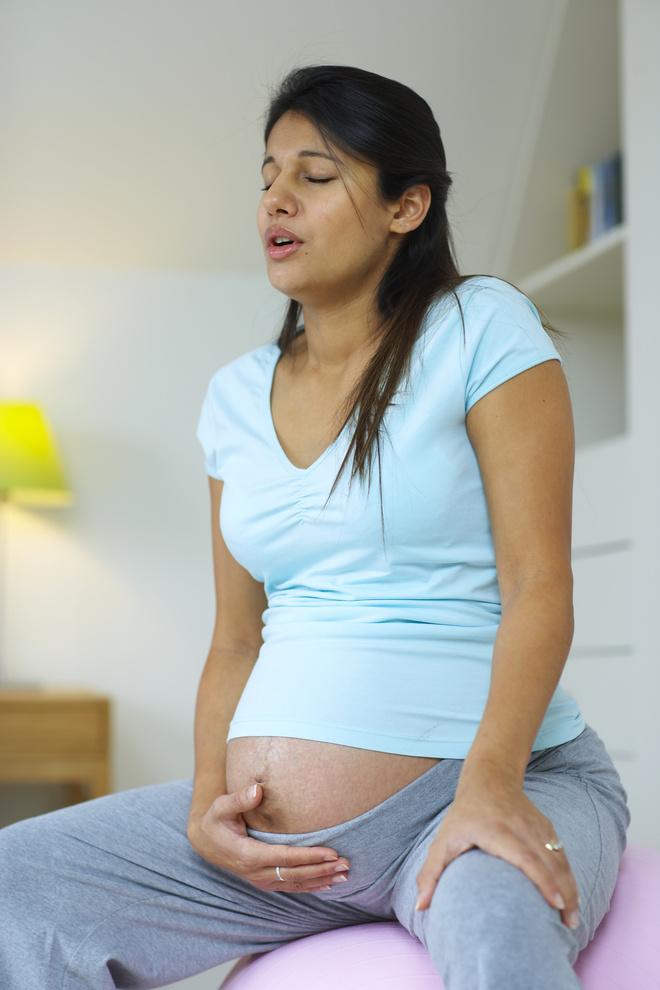
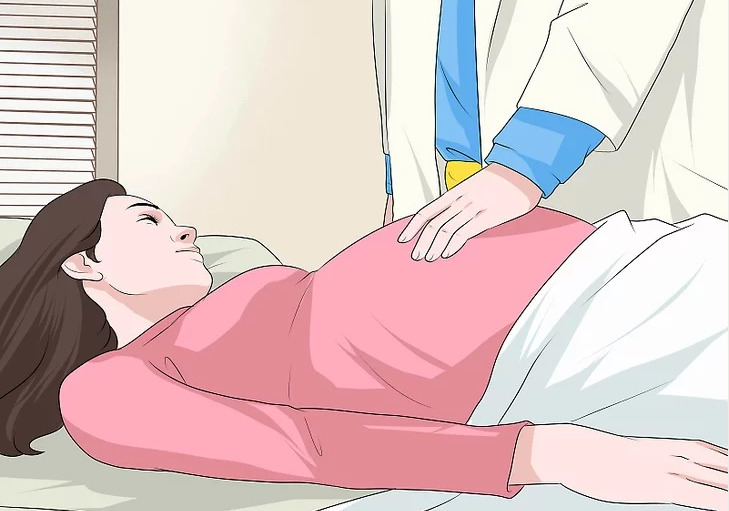 Eating is uniform, 5-7 times a day, ends 4 hours before bedtime. Portions should leave the pregnant woman with a slight feeling of hunger. With this mode, the gastrointestinal tract will function without load, which will help the future mother avoid flatulence, bloating and hiccups.
Eating is uniform, 5-7 times a day, ends 4 hours before bedtime. Portions should leave the pregnant woman with a slight feeling of hunger. With this mode, the gastrointestinal tract will function without load, which will help the future mother avoid flatulence, bloating and hiccups. 